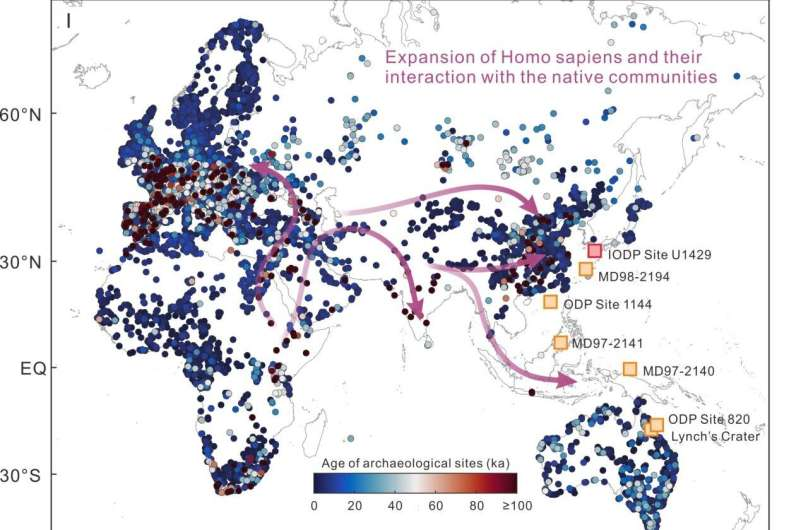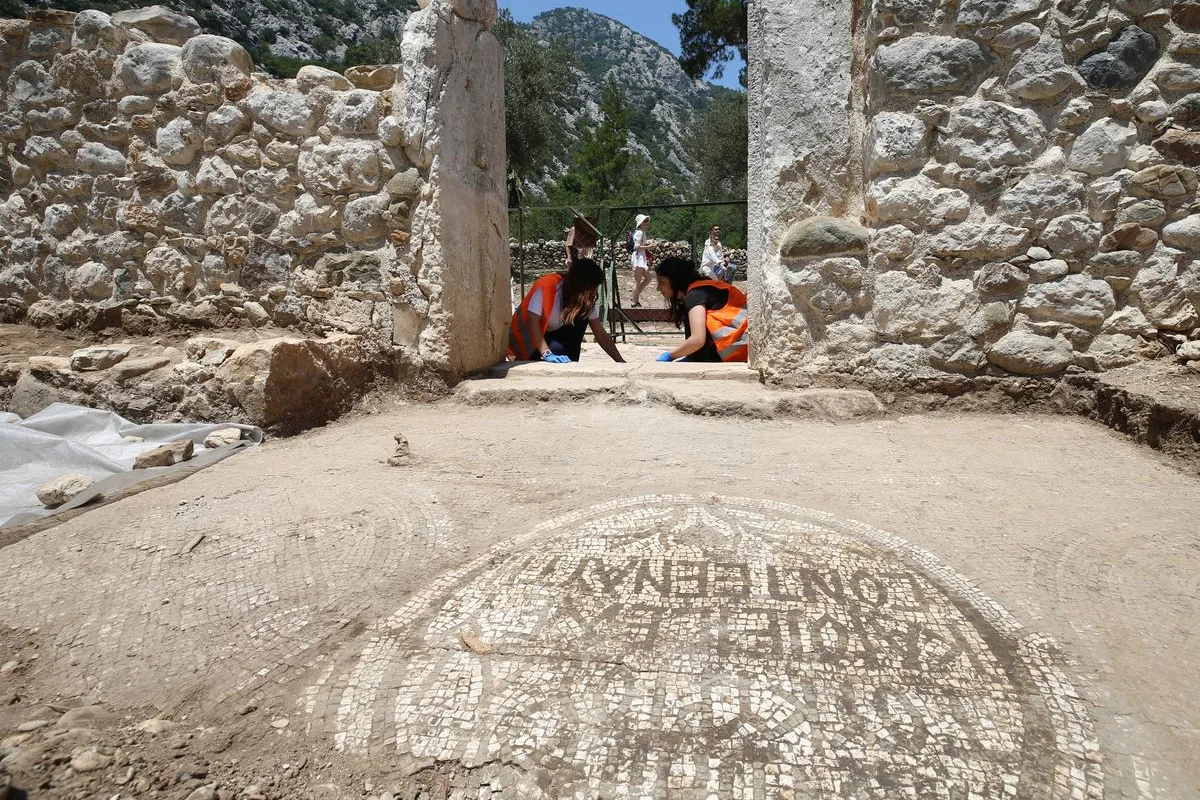“We’re drowning in music,” says Michael Spitzer, professor of music at the University of Liverpool. “If you were born in Beethoven’s time, you’d be lucky if you heard a symphony twice in your lifetime, whereas today, it’s as accessible as running water.” We shouldn’t take music, or running water, for granted, and the comparison should give us pause: do we need music –- for example, nearly any recording of any Beethoven symphony we can think of -– to flow out of the tap on demand? What does it cost us? Might there be a middle way between hearing Beethoven whenever and hearing Beethoven almost never?
The story of how humanity arrived at its current relationship with music is the subject of the Big Think interview with Spitzer above, in which he covers 40,000 years in 8 minutes: “from bone flutes to Beyoncé.” We begin with his thesis that “we in the West” think of music history as the history of great works and great composers. This misconception “tends to reduce music into an object,” and a commodity. Furthermore, we “overvalue the role of the composer,” placing the professional over “most people who are innately musical.” Spitzer wants to recover the universality music once had, before radios, record players, and streaming media.
Watch the video below:







